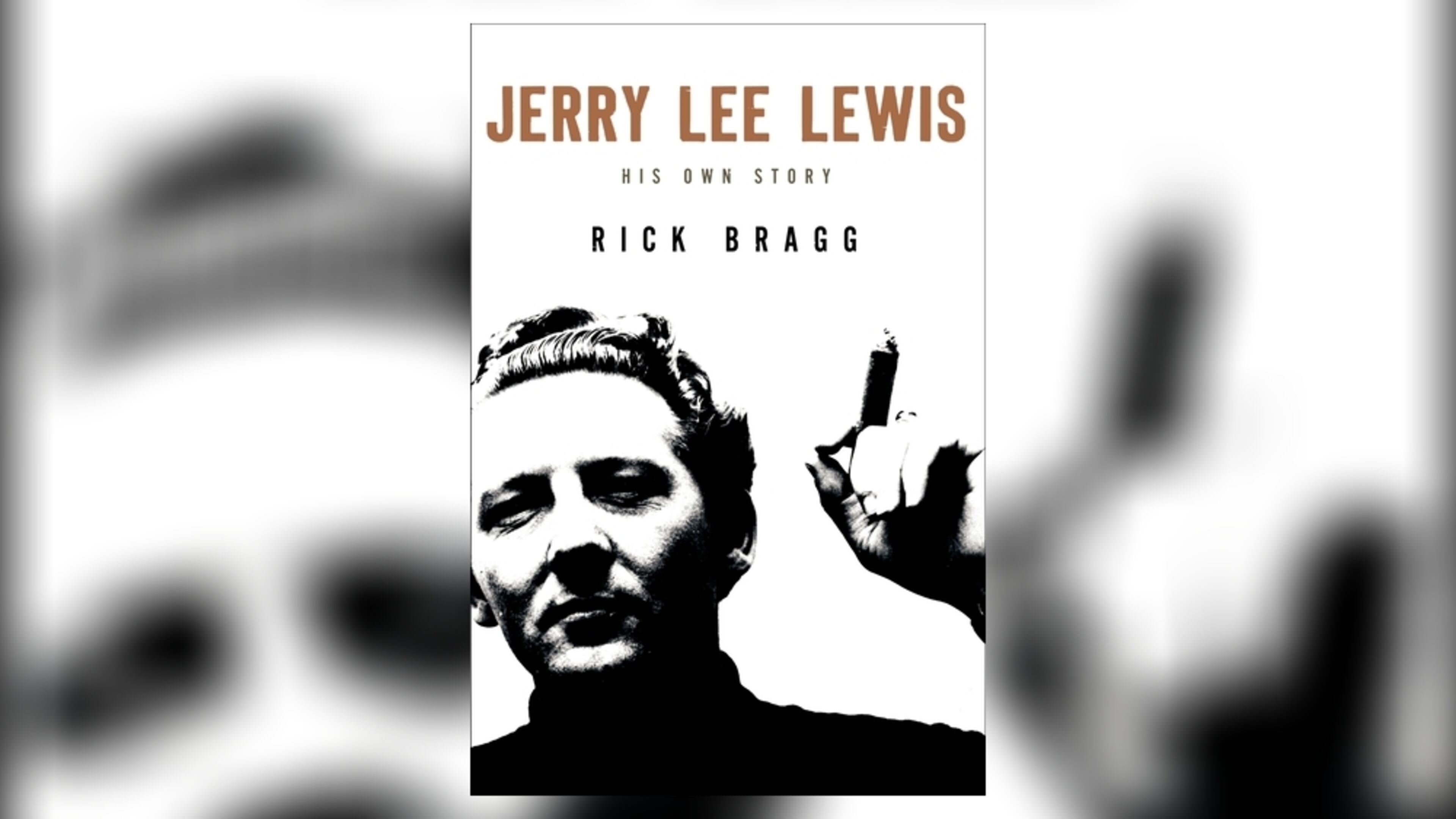An excerpt from ‘Jerry Lee Lewis: His Own Story’

One day, when he was nine or ten, he stood on the levee beside his mother and father as one more party boat pushed against the current, well-dressed people laughing on deck. Safe in the middle of the Black River, they raised their glasses in a mocking toast to the family ashore. “They tipped their mint juleps at us, tipped ’em up,” he says, and smiles the faintest bit to prove how little it matters to him after so much time. But it mattered to the man and woman beside him. His daddy was indestructible then, gaunt, six foot four, with big, powerful hands that could squeeze weaker men to their knees, and a face that seemed drawn only in straight lines, like Dick Tracy in the funny papers. As the drunken revelers lifted their glasses of bourbon high in the air, Elmo Kidd Lewis pulled the boy to his hip. “ ‘Don’t worry, son,’ Daddy told me. ‘That’ll be you on there someday. That’ll be you.’ ” He does not know if his daddy meant it would be him up there with the rich folks, the high and mighty, or if it would be his songs they played as the boat passed by. “I think maybe,” he says, “it was both.”
Elmo knew it the way he knew wading in the river would get him wet. He had seen it, he and his wife, Mamie, when his son was barely five years old, seen a power take over the boy’s hands and guide them across a piano he had never studied or played before. For the boy, it was . . . well, he did not truly know. His fingers touched the keys and it was like he had grabbed a naked wire, but as it burned through him, it left him not scorched and scarred but cool, calm, certain. Only God did such as that, his mama said, and his daddy bought a piano for the boy, so the miracle could proceed.
Finally, something worth remembering.
He rests now in the cool dark of his bedroom and lets it draw at the old poisons in him like a poultice. He is a swaggering man by nature, but for a moment there is no strut in him.
“Mama and Daddy,” he says, “believed in me.”
He tried to pay them back, with houses and land and Cadillacs. “ ‘Money makes the mare trot,’ Mama always said.” But the debt will never be settled. The piano, the weight of it, tilted the world. He still has it, that first piano—the wood cracked and buckled, deep grooves worn in its keys—in a dim hallway in a house where gold records and other awards pile like old newspapers or lean against a wall. He pauses before the ruined piano now and then and taps a single key, but what he hears is different from what other people do.
The boat that taunted them is a ghost ship now.
The old songs sank beneath the water.
Elmo’s boy, scoured by a worldly hell and toasted by kings, is still here.
In the summers of 2011 and 2012, I listened in the quiet gloom of his bedroom as he told me what was worth remembering. He told me some of the rest of it, too, when he felt like it, for as long as he felt like it. He remembered it as it pleased him. That does not mean he always remembered it the same way twice, but day after day I was reminded of a line I once read: it was like any life, really, but with the dull parts taken out. It was odd, though, how he could see the boy on that levee so much clearer than he could see all the long life in between, like he was looking across that wide river again, at himself.

